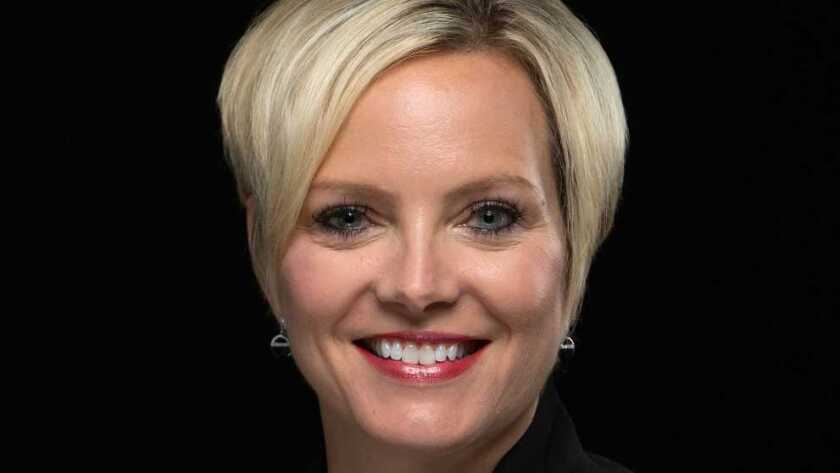Like the true fighter she is, laden with a cold and feeling less than 100%, Lisa Miller – CenturyLink’s president, wholesale, indirect and alliances - pushes through and ‘fakes it, until she makes it’ finding time in her day to talk to me ahead of Capacity North America in Denver.
In preparation for our meeting, I come across a video interview with Telarus in which Miller is quoted as saying the ‘new market focus for the new business is on enterprise, all investment is going in that direction.’
When I question her about this statement, she shares that CenturyLink’s business is 75% based on enterprise and therefore all of its expansions, whether it be network or products and services, all cater to the enterprise customer.
“When you think of our wholesale business, at the end is an enterprise customer. That focus and investment helps wholesale as well. That’s where the growth engine is of the industry,” she adds.
As someone directly responsible for the wholesale side of CenturyLink’s operations, Miller is well placed to identify the different demands required of the wholesale customer versus the enterprise customer. Automation or a self-sufficient experience is top of the list for the wholesale customer in her view, saying: “They want to do everything online.”
On the enterprise side, Miller says that those customers need to “digitally transform their business to remain competitive in the market”. As a result, CenturyLink needs to be agile and help them through their journey.
It has been less than a year since CenturyLink completed its $34 billion acquisition of Level 3 Communications and, judging by its strong Q2 2018 results, the merger has been nothing but positive. The company brought in a net income of $292 million, compared to $69 million for the same quarter of 2017.
Despite much of CenturyLink’s business being in enterprise, I was curious to know how the acquisition of Level 3 has affected the wholesale side of things. Miller says it’s been nothing but positive.
She explains: “Combined, we are a huge wholesale business. CenturyLink had a local and nationwide footprint and now a global footprint. The two companies together are in 60 countries, 100k buildings, 10% outside of North America and that allows us to build a global network that really resonates with our wholesale customers.”
Reaching for the cloud
Earlier this year CenturyLink announced that it was becoming an Amazon Web Services (AWS) managed services partner, giving its customers low-latency access to AWS resources. The news joins the likes of Google and Microsoft cloud services that have also been added to the CenturyLink portfolio.
“All that cloud connectivity is so important. Enterprise customers need an easy provider who allows them to manage multiple cloud environments and CenturyLink can do that,” says Miller.
As for 5G and the internet of things, (IoT) Miller claims that CenturyLink is helping wireless providers with their strategy and network deployment.
“5G can require up to five times the connectivity required, for 3G. We can help wireless providers in our legacy territories and the rest of the country,” she adds.
IoT will mean everything needs to be connected, “and that’s who we are,” explains Miller. “A network company becoming a technology company as things become more dynamic. Making sure we have the connections on a global scale.”
As the conversation turns to women in telecoms, Miller becomes visibly enthusiastic about the subject. She is an advocate for women in STEM and serves as a mentor, working to develop upcoming female talent in addition to being a member of Women In Channel and Women In Cable.
Speaking on what needs to be done to get more young women in tech, her stance is that progress it being made but more can always be done.
“What I’m excited about is that we’re starting STEM in grade school and trying to get all kids interested in science and technology.”
Earlier this year the CenturyLink Foundation awarded $1.4 million in technology grants fund more than 330 projects for young people across the US.
However and whenever we choose to progress the conversation of empowering more women in telecoms, Miller wants to stress that this isn’t just a women’s issue or problem to help solve, adding: “Some of my best mentors were men.”
Telecoms is only one of a number of industries where women are notably outnumbered and rarely in senior leadership positions, but Miller’s advice is one that can be applied to all industry verticals.
“Never limit yourself,” she concludes. “Often times, women limit themselves. A woman wants to be 100% qualified to do a job before they take a job. I watched my male counterparts accept roles they may not be qualified for, but they took them. There is no job you will be 100% prepared for, so jump in with both feet, fake it until you make it, and take the opportunity.”






